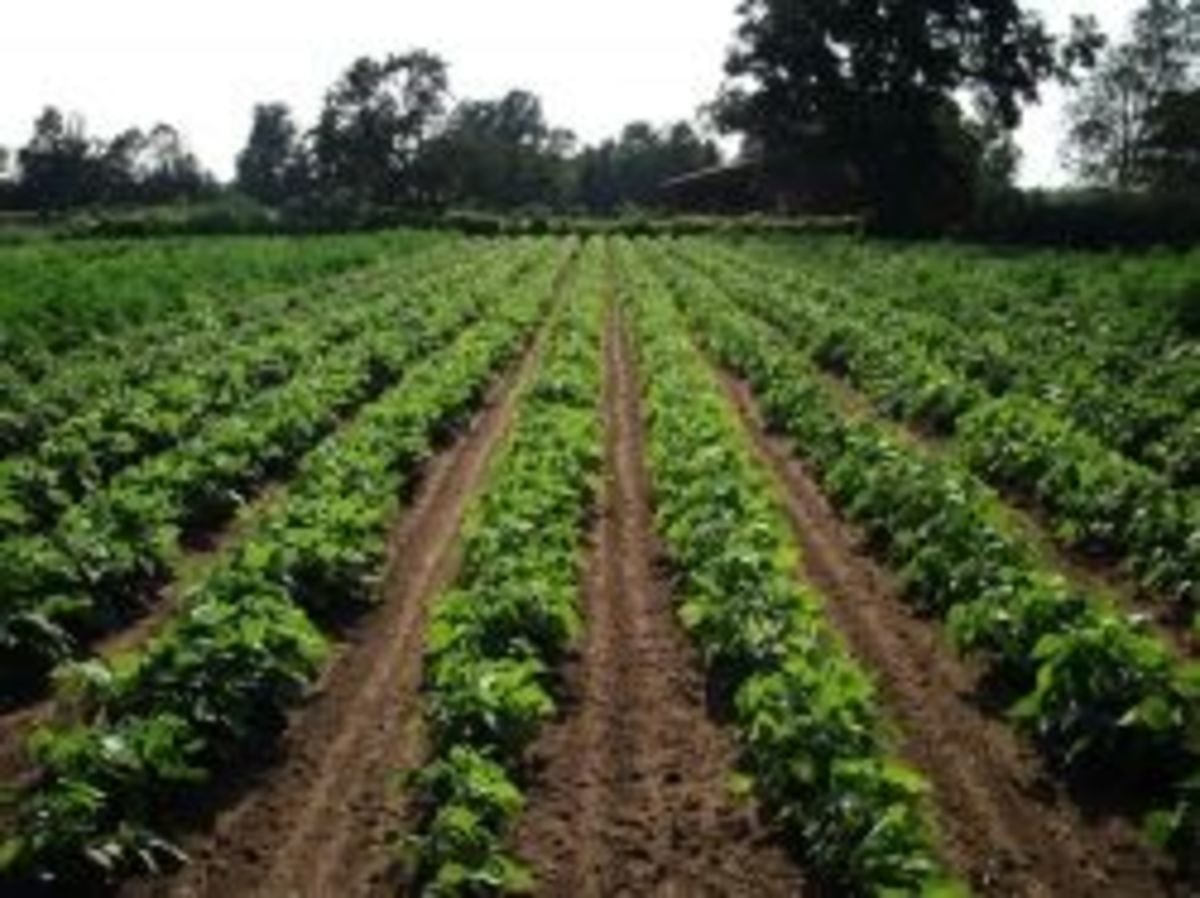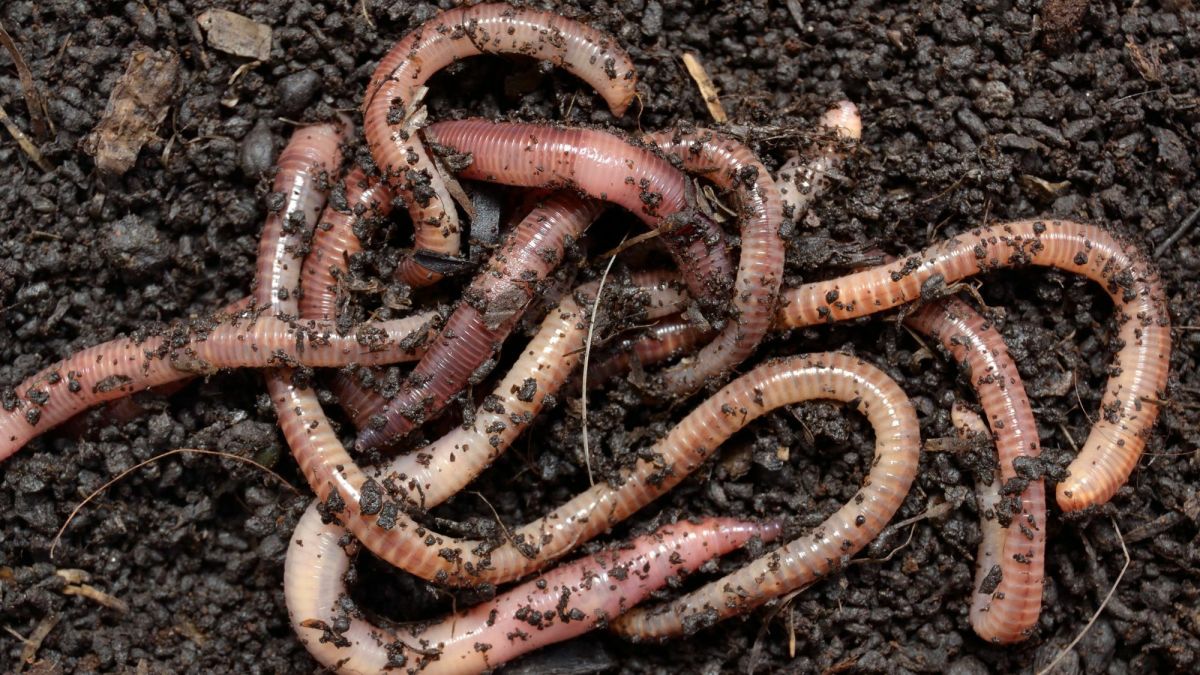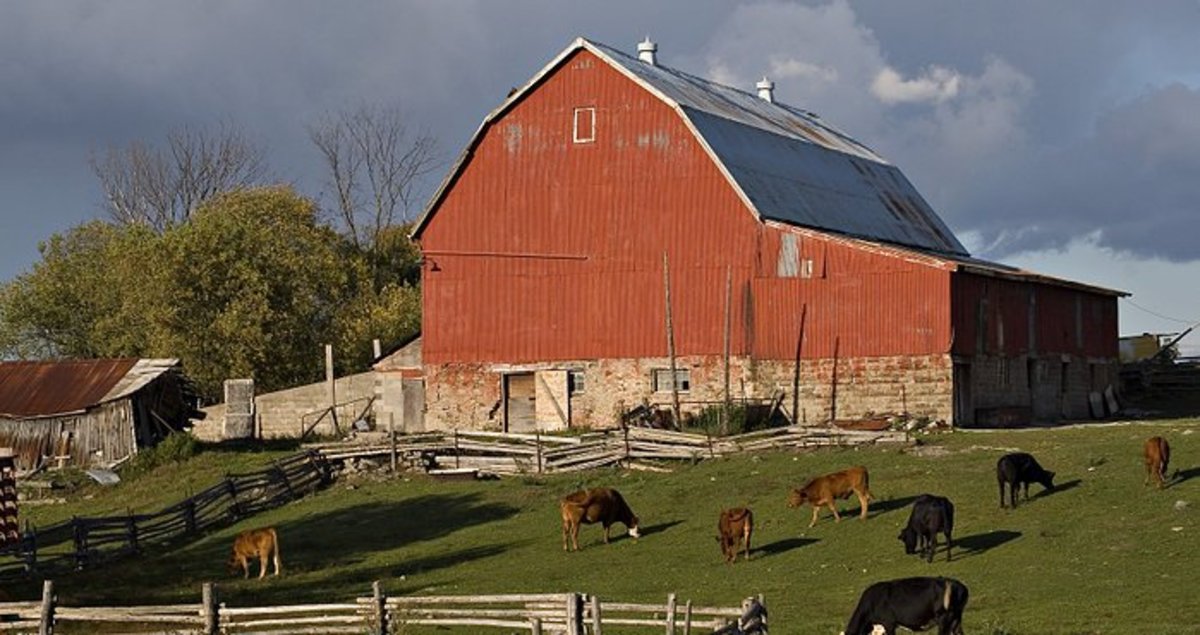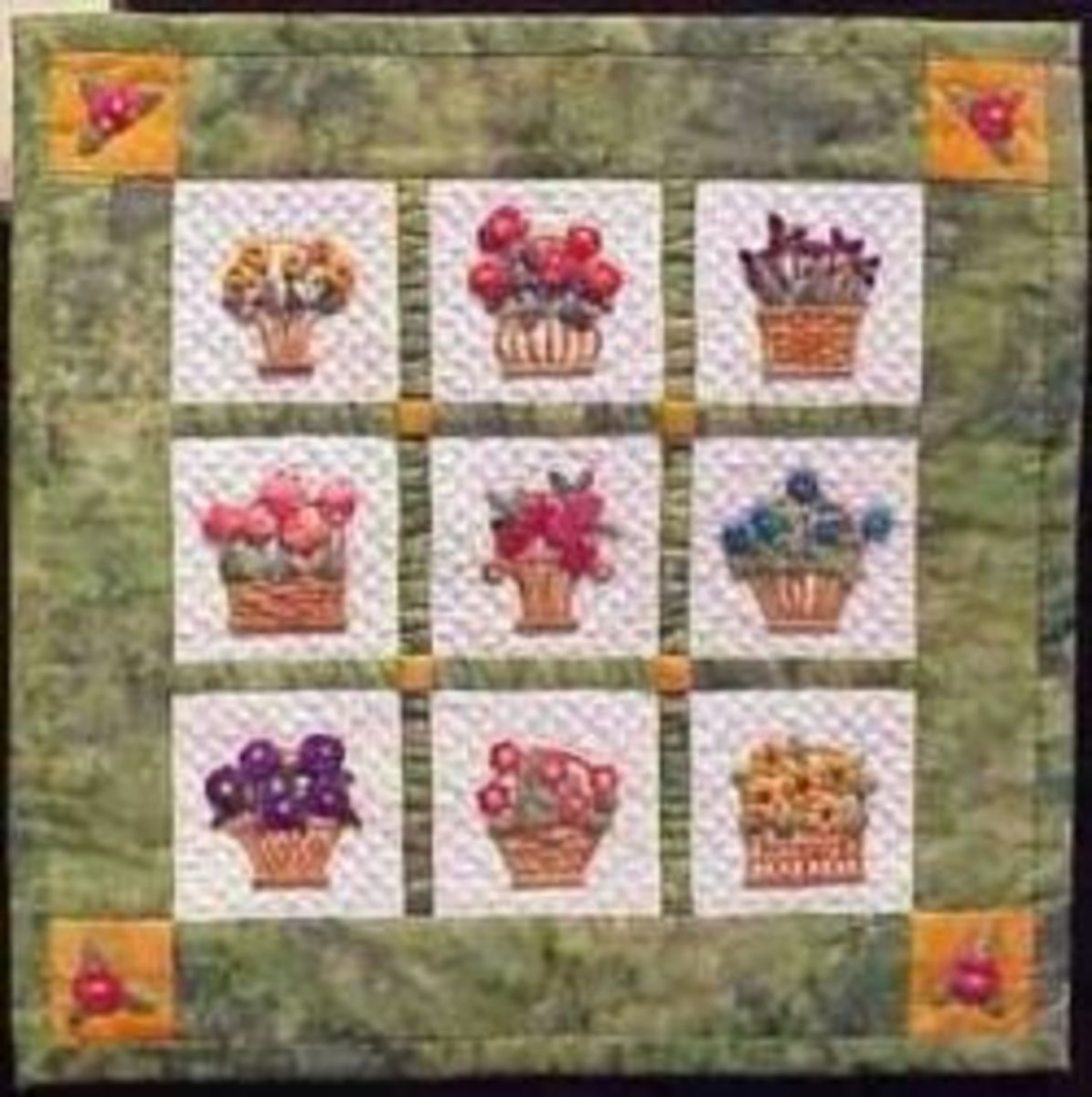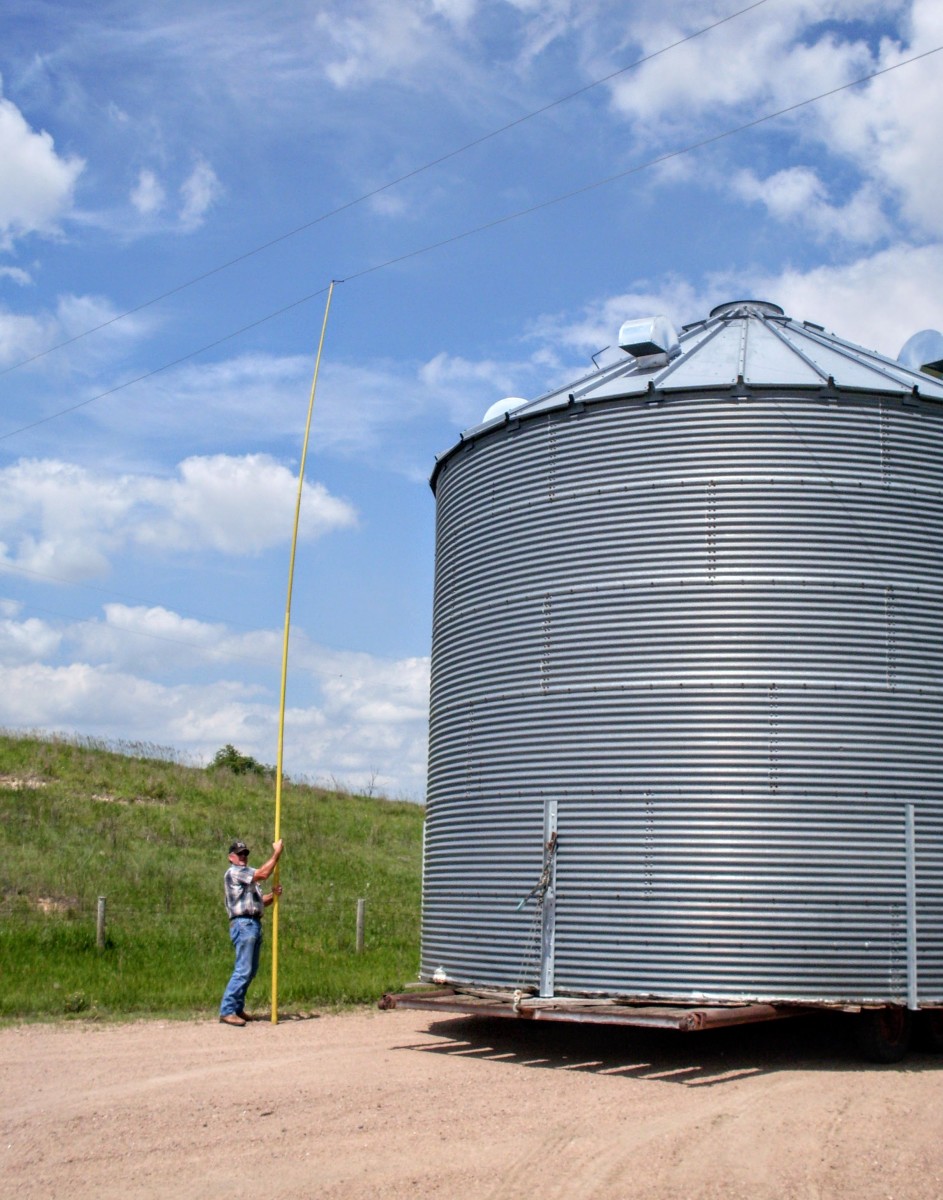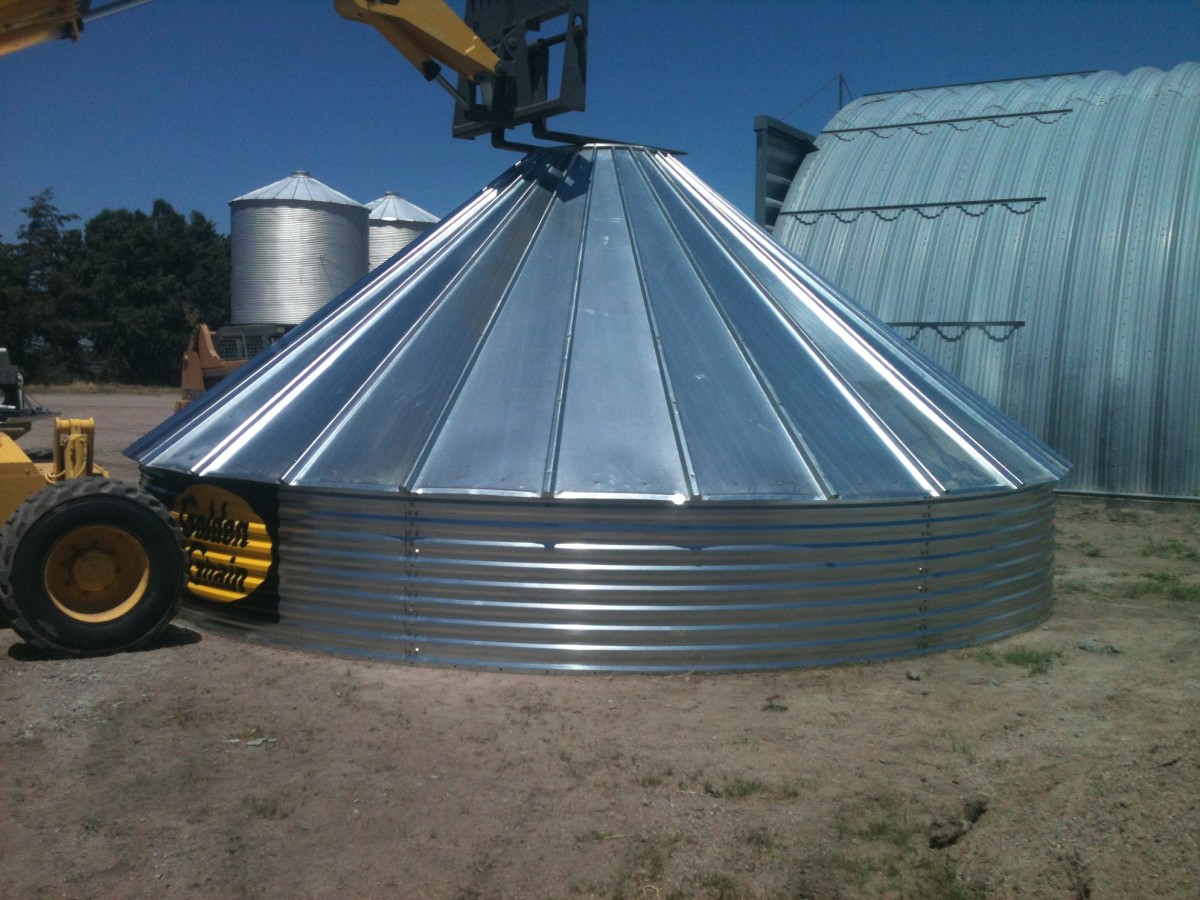Easy Organic Farming: Introduction to Small-scale Homesteading
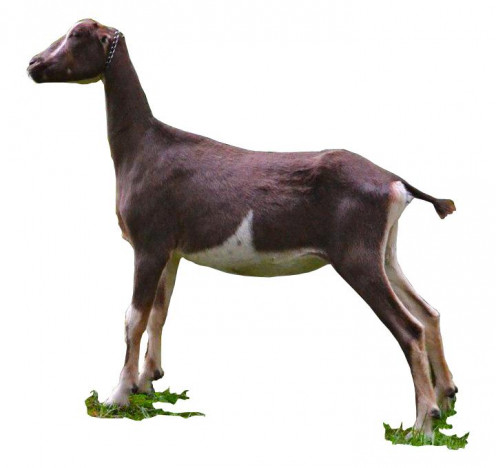
Homesteading on a small-scale farm is a rewarding experience for many people. When that small farm is organic, you have greater control over what goes into your body and into our earth.
Going organic is not always the easiest way to farm, at first-- but it is healthier all around. It does not have to be expensive, either. This article, along with the others soon to follow will cover the key points of organic farming on small-scale. I will teach you that over time, your farming will get easier to do. Most of the initial work is the hardest but once done, the rest of your farming chores will come together easier. Many of the ideas and techniques can be applied to larger operations as well.
Sit back and get ready to change your lives for the better, y'all!
Key Points of Small-scale Homesteading
You must first look into your local laws and regulations before beginning this lifestyle. Even in the country some places will not allow you to keep any sort of livestock. Find out the laws regarding keeping livestock, how many of each species you plan to have, whether or not you can have roosters, if you can grow large vegetable gardens, keep bees--or anything else you plan to do.
Every state, county, and city can have different rules. Be prepared before you invest in your homestead.
How Much Time do you Have?
Farming requires you to have time on your hands. It is difficult to run a farm and hold down a full time job outside of your home. Planning for time is essential when you decide to farm and work at the same time.
Expect that you will be doing this alone. All the promises made by family and friends tend to get broken when they are expected to feed and water during anything but the nicest weather. Not a lot of people want to help you shovel manure or put down an animal that is past saving. Plan to do it alone and be happily surprised when someone actually helps you.
Know your Species
Of plants and of livestock. Know the ins and outs of each type you wish to keep. Some of the most important things to read up on are diseases, special feeding, types of medication they cannot handle, proper dosing of medications, whether or not that species will sell in your area, and also, will said species thrive in your region. Are the species you plan to keep compatible with one another? This is another key point to check into.
Build your Cages and Fence First
Save yourself trouble--build before you purchase livestock. Always, always have a place far from the other animals and plants to quarantine new arrivals. Even when purchased from a trusted source. Some livestock diseases such as Johne's disease or Marek's disease will require you to put down infected animals. When you have to kill and entire herd of dairy or meat goats, your entire dream could be destroyed in a single day. Also, some diseases can be transferred from an animal to a person. Plan to quarantine for at least six weeks. Blood-work is recommended as part of a disease-free homestead.
ALWAYS quarantine your stock before introducing it to the others.
Find a Veterinarian First
Not all vets will treat livestock. Find a good livestock vet before you purchase animals. Talk to local farmers to see who they use and why they use them. A good vet wont be in it for just money--they will care enough about their clients to do an outstanding job at keeping their animals healthy. Not all livestock vets treat all types of livestock. Some refuse to deal with goats. Make sure the vet will treat your type of animal.
If you have any questions you would like addressed in this article, please send me a message or leave a message in the comments section!
I will add more to this article soon. Remember, support your local farmers and KEEP YOUR RIGHT TO FARM SACRED!


